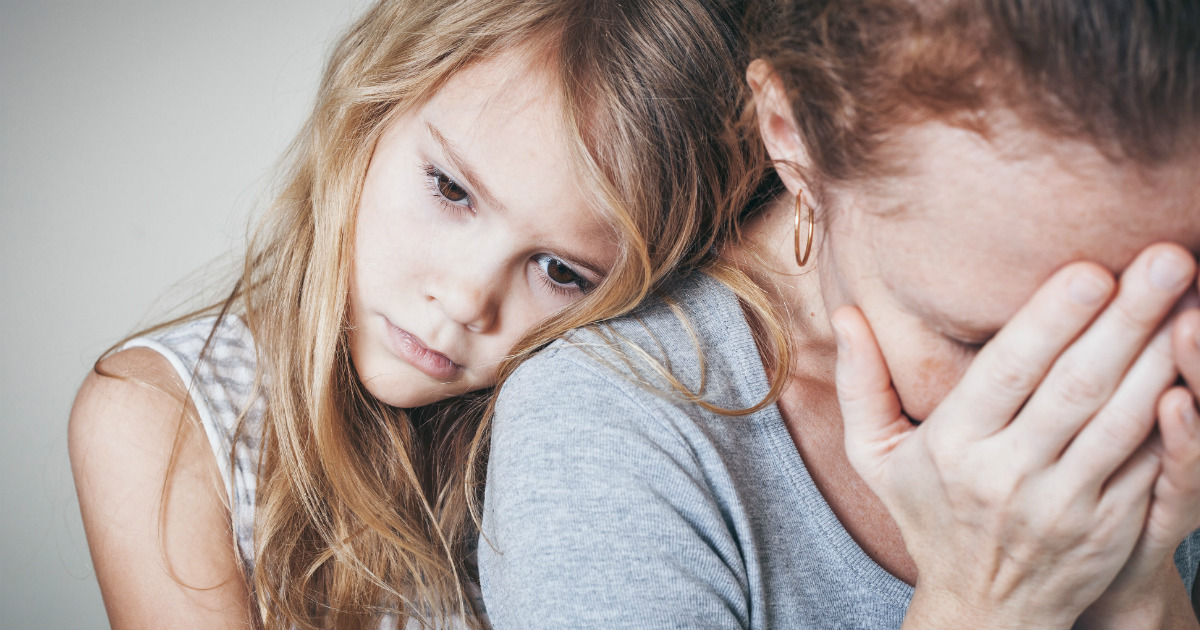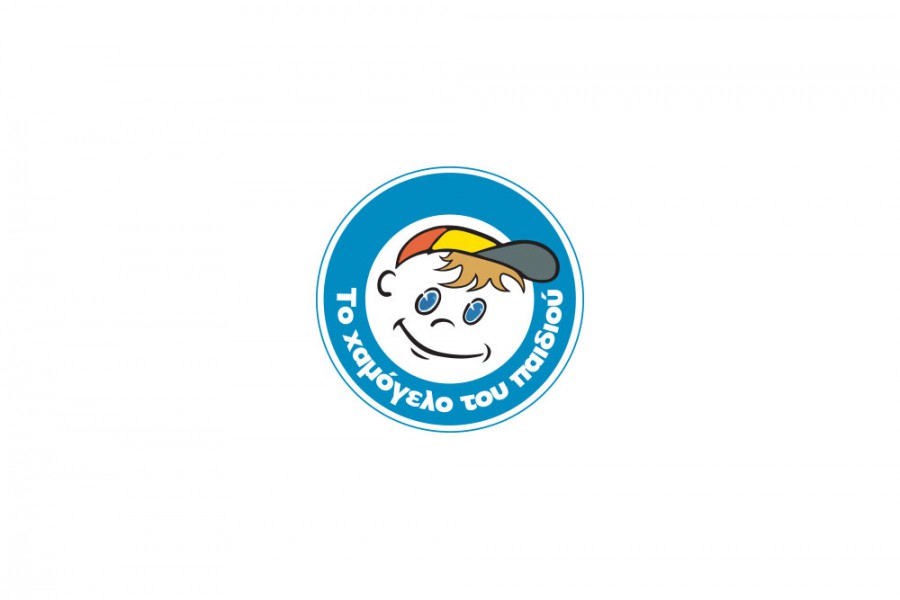Family, problems and difficulties, how much should children know?

Undoubtedly, every family faces its own difficulties in life and copes with all kinds of problems, which based on how the family handles them, they can either cause distress or pain, or strengthen its members and help the family evolve. Very often and not without a reason, parents worry about whether and how they will inform their children of the possible challenges the family has to face. Fears and concerns like "if I tell my child the truth will I burden it?" "is it maybe too much for it?" "and "what if my child starts asking questions I cannot answer?" are often expressed by parents or carers/ guardians of children. Such internal conflicts may concern issues regarding a loss or grief, parents' disputes or the decision to get a divorce, a traumatic event a member of the family experiences and many more.
Let's start by considering the possible consequences of hiding such a reality. In many cases parents tend to hide the truth from the child, a truth that not only concerns it, but it also has the right to know so that it can process it emotionally on its own. This applies for example when children are not given clear information or no information at all regarding the death of a beloved person or an illness. In a situation of that kind, the child is in distress and is overwhelmed by anxiety since it experiences a reality that cannot be understood. In its effort to overcome this distress, the child ends up making up fantasies (most probably catastrophic ones) and as a result its reality is even more threatening and frightening. Moreover, under such circumstances the child in not given the space to express its feelings and thoughts, which subsequently raises feelings of insecurity and loneliness.
On the other hand, there are cases where the exact opposite happens. Some parents seem to have the need to reveal everything to their children, treating them as capable of carrying any burden. The child inevitably adopts a parental role (of responsibility) a fact that may have an impact on his psychological development and balance. The possibility to "parentify" the child by making it undertake a supportive-care-taking role towards the parents is increased when parents themselves experience difficulties in associating themselves with such an event or when their emotional needs are not met.
These parental dilemmas are often based on the choices of "black or white", i.e. it follows the logic of "sharing all I know or not sharing anything at all", excluding in this way all the intermediate gray stages. As a result, it is likely for them either to become overprotective by preventing the emotional maturity of the child and its bonding with the parent or to overload it and subconsciously serve their own needs.
We should keep in mind that what is not expressed with words does not mean that it is not communicated at all. Parents inevitably and most of the times without even realizing it send messages to children without the use of words. Children "read" these "sings" and get an untold and inexplicable feeling that "something is wrong", "there is something that they are not telling me".
Therefore it is worth considering before making the decision to share or not a difficult and painful truth, for what reason we choose to share it or hide it, what will be more beneficial for the child and which of our own needs are probably served. It is very useful to reconsider and carefully examine the possibility that our decision concerns our own difficulty with the specific issue, our own emotional needs or our fears and desires (e.g. we refuse it or avoid it ourselves). Undoubtedly, every parent fights for and wants the best result, but we are not always aware of our intrapsychic processes, our feelings, motives and defense mechanisms. This does not mean that we should either burden the child with unnecessary and insignificant (most of the times frightening) details of this reality or not letting it know the truth at all. We may choose to share the truth that we think the child can handle with simple and clear words, straightforward and without euphemisms, in a way that corresponds to the child's age.
Let's keep in mind that when we as parents experience anxiety, the subconscious antennas of the child receive this signal and as a result the child may feel insecure and hesitant to turn to us for support. The role of a "good enough" parent (Winnicott, 1965) is to tolerate and "include" everything a child feels making it easy for it to overcome a painful emotional experience, to process it, give a meaning to it and transform it. The role of the parent is to reflect and recognize the emotional experience of the child with empathy, to be "silently" present to this procedure. When the child feels that it has someone to turn to, it is easier for it to cope with the difficulties in life and at the same time it strengthens the relationship it has with the parent/ carer.
Whatever the parents decide regarding whether they will share a painful truth or not, it is a fact that pain and the impact it has on the child start a lot earlier before the truth is revealed. However, the kind of difficulties and problems we will share with our child are crucial. We are asked to examine if what we will share will be helpful for the child and in what way. By making this decision, it would be beneficial to try and put ourselves into the child's position, understand its internal and subjunctive world. In any case the truth should be revealed so as to correspond to the age and development stage of the child, whereas the child should be protected and not get harmed by hiding or revealing the truth. Our guide should be the child's interest and our duty is to build an open and true relationship in which the child may feel and act freely while we are by its side discreetly.
The question of how much children should know is difficult to be answered and no wonder it bothers a lot of families. Each child, each case and each relationship is unique so providing just one answer would be considered a general statement not taking into consideration the role of the interpersonal, individual and social factors involved. What seems to be the key is to treat children as beings who have the ability to think. Let's not forget that children "receive" the secrecy in the family environment by getting untold messages. If something important bothers us, children will get worried anyway...so it is best to not let them worry alone.
For any further information or clarification you may call the "European Helpline for Children and Adolescents 116111" and discuss with a psychologist all that may concern you regarding your child.
Sources:
Byng-Hall, J. (2002). Relieving parentified children’s burdens in families with insecure attachment patterns. Family Process, 41, 3, 375-388.
Johnson, E. (2011). Children have the right to the truth. In E. Johnson,
The Children's Bill of Emotional Rights: A Guide to the Needs of Children (pp.29-56). Plymouth: Jason Aronson.
Winnicott, D.W. (1965). The Maturational Process and the Facilitating Environment. International Psychoanalytic Library, 64, 1-276. London: The Hogarth Press and The Institute of Psychoanalysis .



